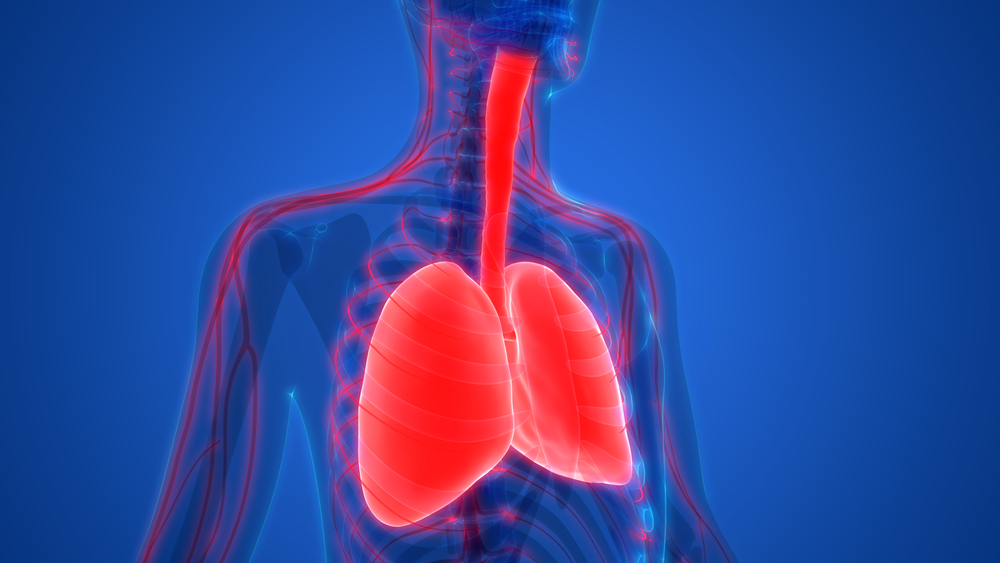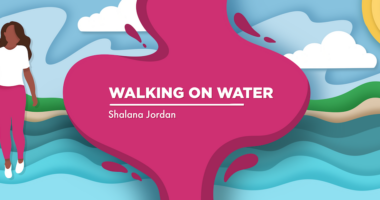Dealing with Shortness of Breath When You Have aHUS

Atypical hemolytic uremic syndrome (aHUS) is a genetic disease characterized by the formation of blood clots in the small blood vessels of the kidneys. Apart from the various symptoms of aHUS, such as hemolytic anemia (destruction of red blood cells), thrombocytopenia (low platelet count), and kidney failure, patients also often experience dyspnea (shortness of breath).
Dyspnea can not only limit physical activity, but also can cause fear and anxiety. Here are a few tips to minimize dyspnea.
Find out your Borg score
The Borg dyspnea scale helps rate your current difficulty in breathing. It ranges from 0 to 10 with 0 being no breathing difficulty and 10 being the maximum difficulty. The Borg score is helpful to convey doctors or caregivers how much breathing difficulty you are experiencing.
Practice breath control
People usually tend to take in more air or breathe faster when feeling short of breath. However, this can tire your lung muscles more quickly and worsen dyspnea.
Practice gentle breathing or breath control by sitting in a comfortable position when you are not out of breath and make the best use of your diaphragm to do the work. An indicator for proper breath control is that your out-breath should be longer than your in-breath with a natural pause after your out-breath.
Another way of practicing breath control is pursed-lips breathing. In this, breathe in gently through your nose, purse your lips as if you are blowing out a candle, and breathe out through your lips for about twice the time it took you to breathe in. This ensures you empty all the trapped air in your lungs.
Pace yourself
While physical exertion can cause breathlessness, it is important to pace yourself. This way, you may be able to regain your breath. Watch for signs such as increased heart rate and gasping, which means you need to rest before performing further activity.
While performing activities such as walking or climbing stairs, practice paced breathing. During paced breathing, breathe in for one-step and take one or two steps as you breathe out. You can tweak this combination based on what feels best for you.
Use a handheld fan
Holding a small, portable fan 15–20 centimeters (5 to 7 inches) from your nose and mouth may give you relief from breathlessness. This is because the movement of cool air over the areas covered by the trigeminal nerve reduces the feeling of breathlessness. If you don’t have access to a handheld fan, a damp face cloth or mist spray can provide similar benefits.
Avoid smoking
Those experiencing dyspnea should avoid smoking completely. Smoking is also a known risk factor for both kidney and heart disease and can harden the blood vessels in the kidneys, leading to increased blood pressure. If you are having trouble quitting, consult your doctor for advice.
Change your position to recover breath
Standing and leaning backward or sideways against a wall with feet slightly apart and about one foot away from the wall can help most people recover their breath. There are other helpful positions, too, if you have obstructive or restrictive lung conditions.
Consider oxygen therapy if blood oxygen levels are low
A feeling of breathlessness does not indicate a lack of oxygen. However, if tests show your blood oxygen levels are low, you may be referred to a specialist for long-term oxygen therapy that lasts for about 15 hours a day. Sometimes, portable oxygen therapy may be given if you need to remain active.
Use medications if needed
Inhalers or nebulizers can help open the airways and help in clearing the sputum if any. In severe cases of breathlessness, medications such as opioids may help. These medications can have serious side effects and are highly addictive, so be sure to consult your doctor before taking them.
Last updated: March 24, 2020
***
aHUS News is strictly a news and information website about the disease. It does not provide medical advice, diagnosis, or treatment. This content is not intended to be a substitute for professional medical advice, diagnosis, or treatment. Always seek the advice of your physician or other qualified health provider with any questions you may have regarding a medical condition. Never disregard professional medical advice or delay in seeking it because of something you have read on this website.






